10 Best Hot Wallets in May 2024
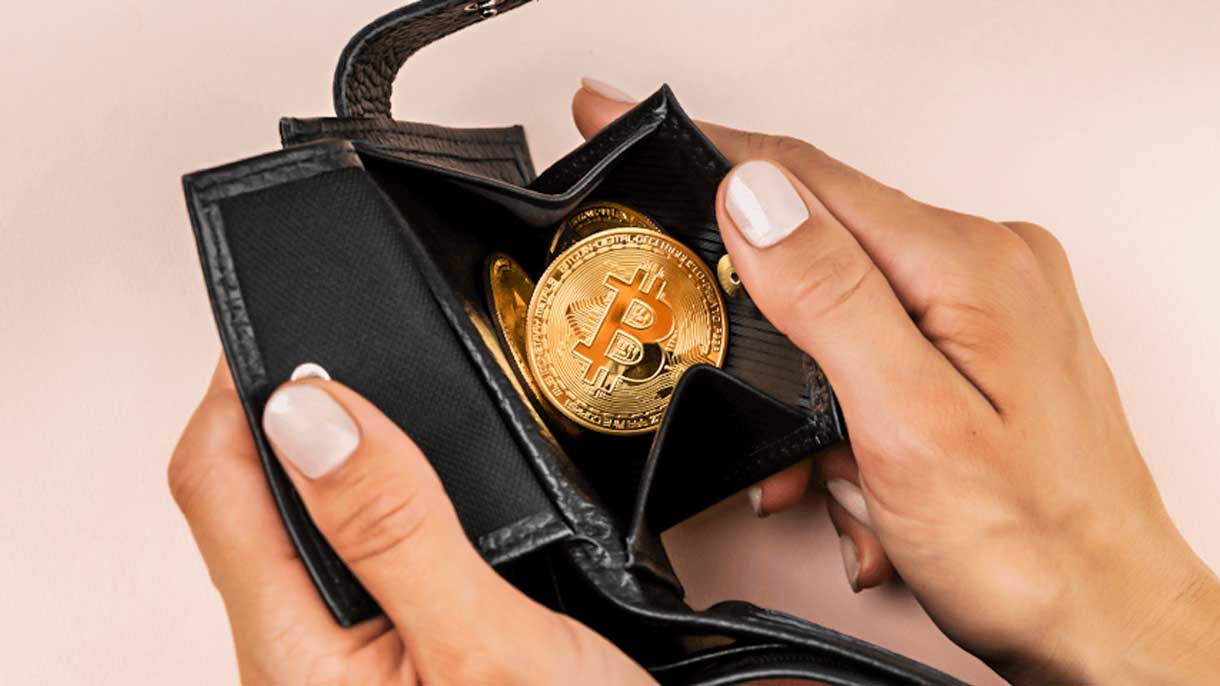
Hot wallets allow users to store, trade, and manage digital assets with ease. There are hundreds of wallets out there, but not all are worth your time and attention. After extensive research, our team narrowed the list down to the best hot wallets. Let’s see how you can benefit from it.
Top 10 Hot Crypto Wallets Ranked
Finding the best hot crypto wallet for your needs depends on what you’re looking for. The following are our top picks, based on various features, security measures, and user-friendliness.
- Best Wallet – A trending new non-custodial hot wallet that supports Ethereum, Polygon, and BSC Mainnet, with future Bitcoin integration. Offers an integrated DEX, portfolio analytics, market insights, upcoming airdrops, and NFT integration.
- Zengo – One of the best mobile hot wallets that allows users to buy, sell, and trade over 120 cryptocurrencies and NFTs from multiple blockchains in-app. Zengo wallet is built on top of open source cryptography.
- YouHodler – A leading crypto wallet app with multiple rewarding features, including up to 15% annual percentage yield on popular cryptocurrencies and stablecoins, Bitcoin rewards with Cloud Miner, crypto loans with 90% LTV and more.
- MetaMask — Launched in 2016, MetaMask supports a range of ERC20 tokens and NFTs. It also allows investors to stake Ethereum 2.0 and add other networks, such as Polygon, manually.
- Trust Wallet — Trust is an established hot wallet solution available as a mobile app and a browser extension. It supports an extensive range of over 70 blockchain standards, allowing users to manage a diverse selection of cryptocurrencies within a single platform.
- Electrum — The leading hot wallet focuses on secure Bitcoin storage. It is compatible with Windows, Mac, and Linux desktops, as well as Android. Electrum offers cold storage for private keys, which enhances security.
- Coinbase Wallet — This reliable storage solution mainly caters to Coinbase exchange users due to its seamless integration. It supports a range of cryptos and is regulated in the US. It is, however, a costly option.
- Exodus — This versatile wallet for iOS, Android, Windows, and Mac caters to long-term investors. It offers real-time portfolio valuation in the user’s local currency and supports over 260 cryptocurrencies.
- OKX — Part of the OKX trading platform, this wallet comes with a built-in bridge aggregator, facilitating the discovery of optimal interest rates for staking and yield farming.
- Mycelium — Mycelium is a secure wallet with high-end security and built-in exchange. The FIO network includes inter-wallet interoperability, and newbies can benefit from educational content that’s part of this product.
Top Hot Storage Crypto Wallets Reviewed
In the following section, we’ll review the best hot wallets in more detail so that you can understand their differences and their respective advantages and disadvantages. This should help you decide what’s best for you.
1. Best Wallet – Best Hot Wallet With Multi-Chain Support, High Security, and Exclusive Market Insights
Best Wallet is a hot new crypto wallet with a user-friendly design, rewarding features, and high security. It is a non-custodial wallet, ensuring you have full control over your assets. The wallet supports Ethereum, Polygon Mainnet, and BSC Mainnet. It plans to extend support to Bitcoin and other top blockchains, making it a versatile multi-wallet, multi-chain solution.
Moreover, it understands the importance of market analysis. The wallet offers real-time market insights, essential industry news, and insights on token sentiments. It also provides early access to high-potential projects before they are listed on exchanges, giving users a competitive edge.
Best Wallet also plans to roll out the BEST token airdrop as a reward for its active community. Participants can enjoy unique perks like zero gas fees and exclusive airdrops. The BEST token is a utility and governance token within the Best Ecosystem, offering additional features like advanced market tools and early access to new token launches.
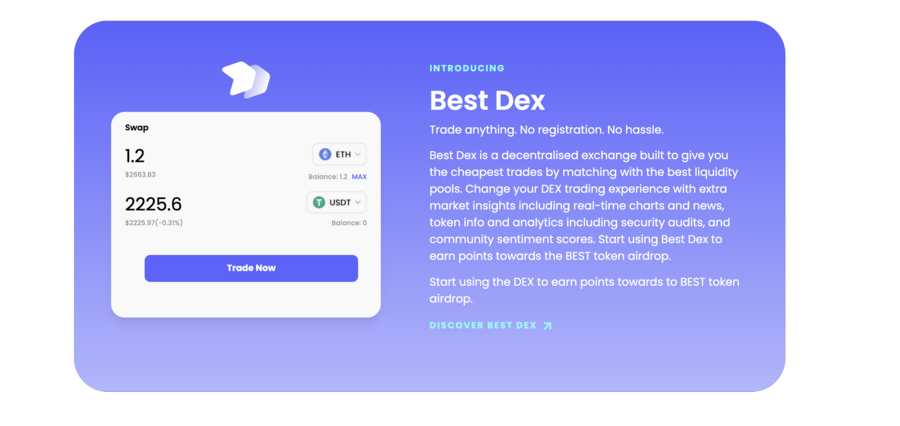
Integrated with Best DEX, the wallet allows for seamless decentralized trading. Users can benefit from low-cost trades and real-time market analytics directly within the app. The synergy between Best Wallet and Best DEX offers an unmatched trading experience.
As NFTs continue to gain traction, Best Wallet offers an in-app NFT Gallery. Users can store, buy, sell, and manage their NFT collections effortlessly, making it a comprehensive solution for digital assets. Additionally, security is a priority for Best Wallet. It offers top-tier security with advanced cryptography, 2FA authentication, and biometric measures.

The wallet’s roadmap is strategically planned to be user-focused. Upcoming features include Web3Auth Integration, Multi Wallet Support, Crypto 101 Education, and the much-anticipated launch of the BEST token. The wallet is currently primarily a mobile app, but there are plans for a desktop version to improve accessibility. You can follow the project on various social media platforms like X (Twitter) and join the Best Wallet Telegram channel to keep up with all the updates and milestones.
- Multi-Chain Support
- Advanced Features
- Strong Security Measures
- High Community Incentives
- Comprehensive NFT Support
- Best Wallet is only accessible via mobile apps on the App Store and Google Play Store. A browser extension will be available soon.
| Wallet type | Hot wallet |
| Number of supported cryptos | Ethereum, Polygon, BSC, and others. |
| Fee for buying Bitcoin | Depends on 3rd party providers. If done via Best DEX – based on a specific liquidity pool. |
| Mobile app | Yes |
| Staking and interest | Yes |
| Staking Rate/ Perks | Zero gas fees, exclusive access to new projects, airdrops, and other perks. |
2. Zengo – Top Hot Wallet Where Users can Buy, Sell, and Trade 120+ Cryptocurrencies
The Zengo wallet is an intuitive, feature-rich mobile hot wallet that is protected by multi-party computation (MPC) cryptography, for which Zengo hosts the largest open source library. Zengo wallet undergoes annual security audits and, having been in operation since 2018 and serving over 1 million customers, has never had a report of a hack.
The Zengo mobile app has receive a rating of 4.78/5 from thousands of customers on both the Apple App Store and Google Play Store. On the app, users can buy, sell, and trade over 120 cryptocurrencies alongside NFTs from multiple blockchains.
Other features of the Zengo self-custody wallet include 24/7 customer support, a novel, seed-phrase-less wallet recovery method, an NFT gallery, and a dApp marketplace with connections facilitated by WalletConnect.
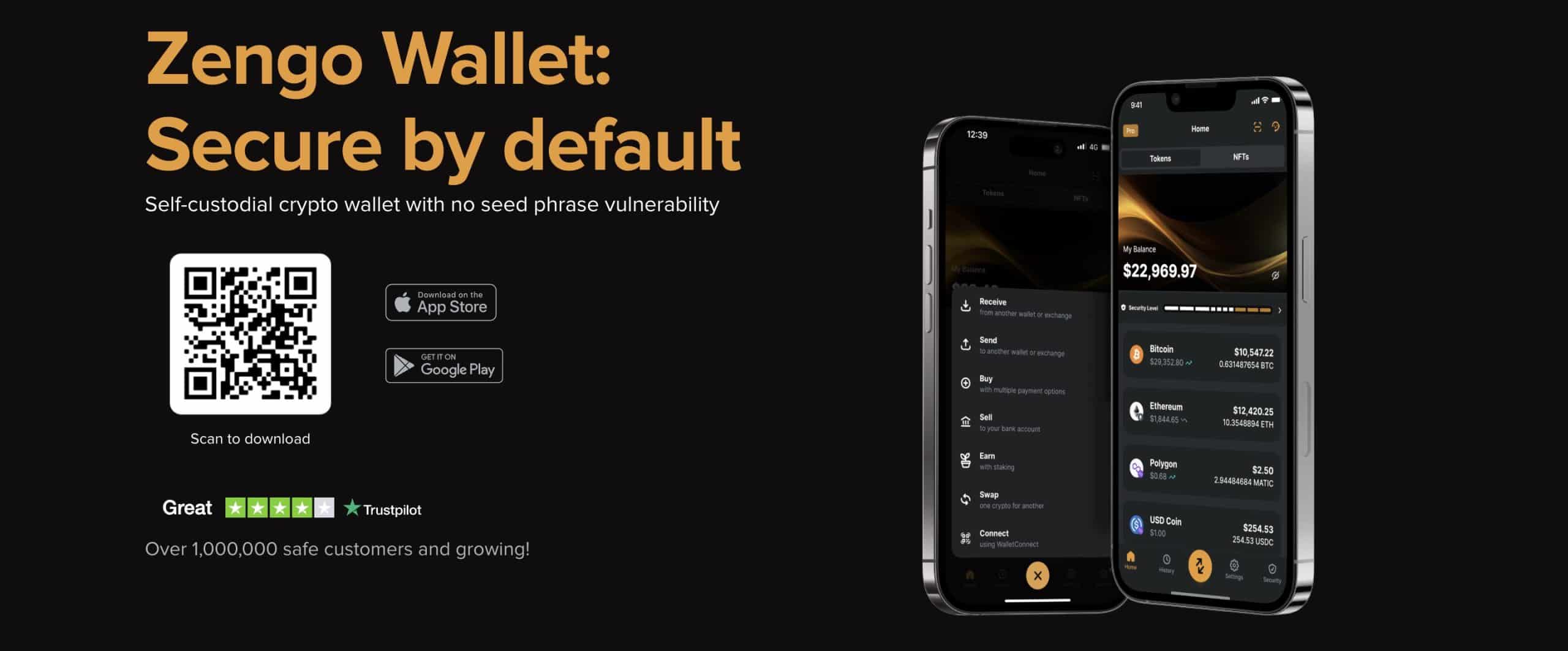
All of these features are a part of the free version of Zengo wallet, but a Pro version ($69.99 per year) offers more advanced features to users, including:
- Legacy Transfer: Automatically move assets to a new wallet after a user-defined period of inactivity
- Theft Protection: Multi-factor authentication protection for large transactions
- Web3 Firewall: Get alerts about Web3 attacks, and protection from them
- Priority Support: Guaranteed responses within 1 hour, but typically within 5 minutes
| Type of Decentralized Wallet | Operating Systems | Supported Cryptos | Fee for Decentralized Crypto Trades | Mobile App? | Features |
| Self-custody mobile wallet | iOS and Android | 120+ cryptocurrencies, including Bitcoin, Ethereum, Chainlink, and Polygon | Determined by third-party provider | Yes | 24/7 support, buy, sell, and trade cryptocurrencies and NFTs in-app, dApp marketplace (with WalletConnect, no seed phrase (replaced with 3FA) |
- Support for 120+ cryptocurrencies
- Buy, sell, and trade cryptocurrencies and NFTs
- High customer ratings on app stores and Trustpilot
- Annual software audits
- Seed-phrase-less wallet recovery
- Over 1 million customers and no reports of a hack
- 24/ customer support
- Web3 Firewall and Theft Protection services require upgrades
- Crypto prices are marked up compared to market prices
3. YouHodler – Leading Hot Wallet With Up To 15% APY on Popular Cryptocurrencies And Bitcoin Rewards With Cloud Miner
YouHodler, a veteran in the crypto space since 2019, is one of the most popular crypto wallets because it offers a plethora of valuable features like multi-chain swapping and yield earning on select coins. You can store coins and tokens from a variety of blockchains, including Bitcoin, Ethereum, Ripple, Chainlink and more in a single app. On top of that, you can convert these coins into fiat and vice versa.
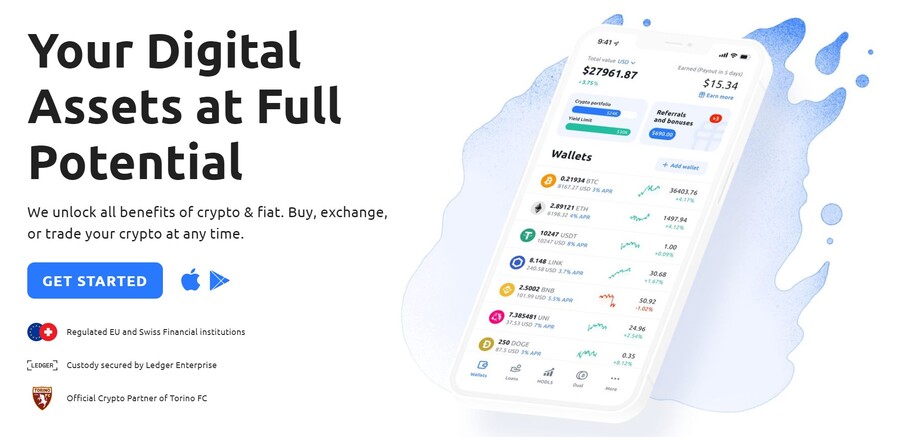
But what’s “hodling” worth if you don’t earn something while you hold? YouHodler offers yield earnings on select cryptocurrencies. Litecoin has the highest annual percentage yield (APY) of up to 15%, while Solana has an APY of up to 13%. The latter is more than the 8% you earn by natively staking Solana on its own blockchain.
USDT and USDC stablecoins offer up to 12% APY, which is the highest yield you can find with these types of coins. However, to get the maximum yield, you need to have a trading volume of $150,000 each month or meet any of the other criteria to advance in Gold, Platinum or even VIP levels. The Basic APY is 6% for stablecoins, which is still competitive and enough to beat the yearly inflation.
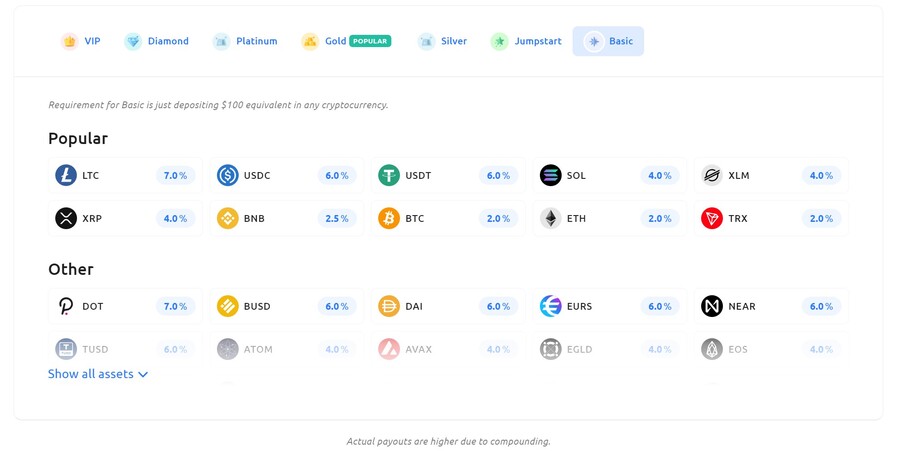
If you’re all about Bitcoin, you can also earn yield of up to 4.5% APY with YouHodler’s yield program. But you can also earn up to 0.2 BTC per month with Bitcoin Cloud Miner. The way it works is you complete certain tasks to earn sparks. These sparks are then used in the Cloud Miner to mine Bitcoin blocks and earn BTC.
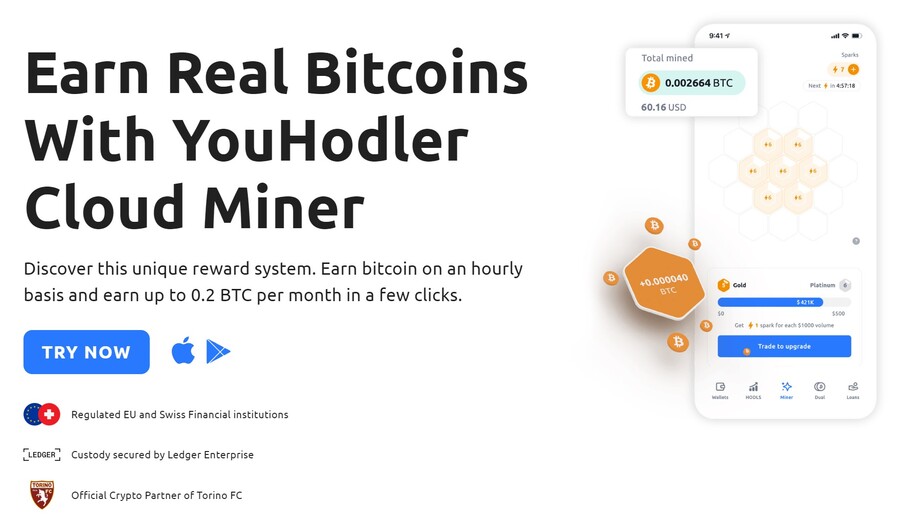
If you’re strapped for liquidity use YouHodler’s crypto loans where you use your cryptocurrencies as collateral to get fiat currency like EUR, USD, CHF, GBP or even other cryptocurrencies. This means you don’t have to sell your assets if you don’t want to. Loan-to-value is 90% and collateral options include popular cryptocurrencies like Bitcoin, Ethereum and Solana, but also less prominent ones like AXS, MANA, SAND and APE.
This all-in-one crypto wallet is an EU and Swiss-based company, regulated in Switzerland, Italy and other EU countries. For the safety of your digital assets, YouHodler uses Ledger Vault technology with $150 million in pooled crime insurance. There’s also 2FA authentication and biometrics if your smartphone supports this feature.
- Multi-chain support
- Up to 15% yield on select cryptocurrencies
- Earn Bitcoin with Cloud Miner
- Crypto loans with 90% LTV
- Crypto to fiat exchange
- Not available for US residents.
- $100 minimum crypto loan
| Wallet type | Hot wallet |
| Number of supported cryptos | Bitcoin, Ethereum, Polygon, Solana and more |
| Fee for buying Bitcoin | There’s no fee except for the bid/ask spread |
| Mobile app | Yes |
| Staking and interest | Yes |
| Staking Rate/ Perks | Up to 15% APY |
4. MetaMask — Popular Crypto Hot Wallet for the Ethereum Network, Offers Staking
MetaMask supports tokens on the Ethereum network as well as chains like Polygon, Avalanche, and Binance. Therefore, it means you can store ERC tokens which gives you access to hundreds of thousands of projects, each with its own ecosystem that follows ERC standards.
MetaMask is often used to buy various coins during the initial sale. For example, most of the best metaverse coins in 2024 can be purchased and stored in this wallet. In other words, as the Ethereum network grows, more crypto tokens are accepted.
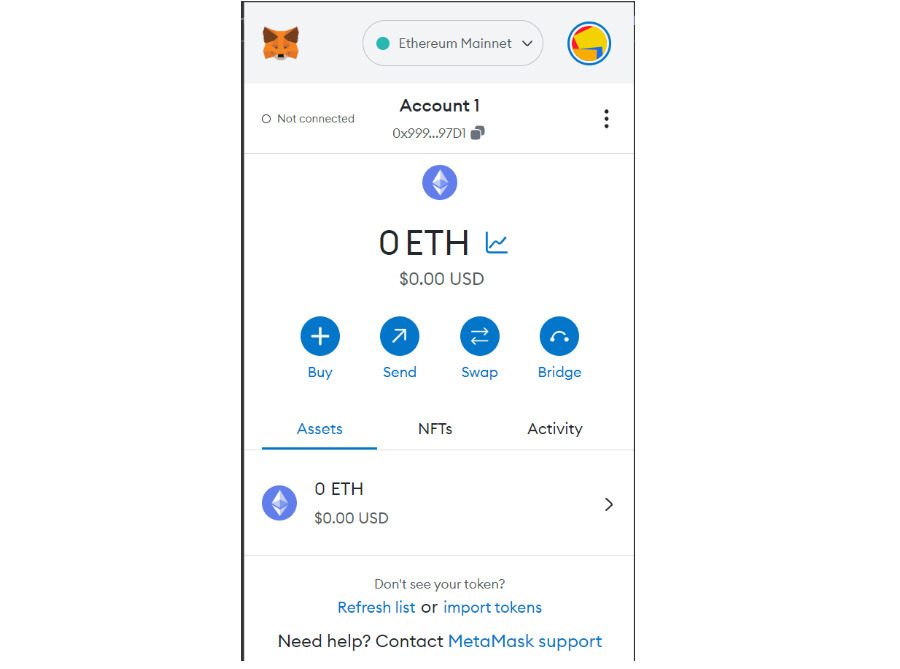
MetaMask is different because it streamlines how we access decentralized apps and smart contracts on Ethereum. As a Chrome plugin, you just need to give access to MetaMask if you’re going to use a dApp, without having to register and provide any sensitive data. You’ll need to set up a passcode and write down your recovery phrase as part of MetaMask’s security features.
- Accepts thousands of crypto coins
- Available as a Chrome plug-in
- Non-custodial, ensuring maximum privacy level
- Easy to use and intuitive
- Easily connected to decentralized applications
- Desktop app not available
- Bitcoin is not accepted (only Ethereum coins)
| Wallet type | Hot wallet, non-custodial |
| Number of supported cryptos | 550,000+ (and counting, as it accepts all ERC tokens that are part of the Ethereum network) |
| Fee for buying Bitcoin | Bitcoin not accepted; check the gas fee structure for Ethereum |
| Mobile app | Yes |
| Staking and interest | Yes |
| Interest rate | Up to 4.19% at the moment |
5. Trust Wallet — Top Hot Crypto Wallet for Binance Users with Built-in Staking Features
Trust Wallet is part of the Binance family, the largest online cryptocurrency exchange in the world. It’s for this reason that it made it to our list of the best hot crypto wallets. It’s a software app with a built-in Web3 browser that accepts a range of popular cryptos, including the Binance-native token BNB.
The wallet can be easily connected to the Binance crypto exchange, and 60+ million people use it. Users also believe Trust Wallet deserves recognition, ranking it high on App Store and Google Play. Thanks to its great service, Trust Wallet also made it to our list of the best decentralized crypto wallets of 2024.
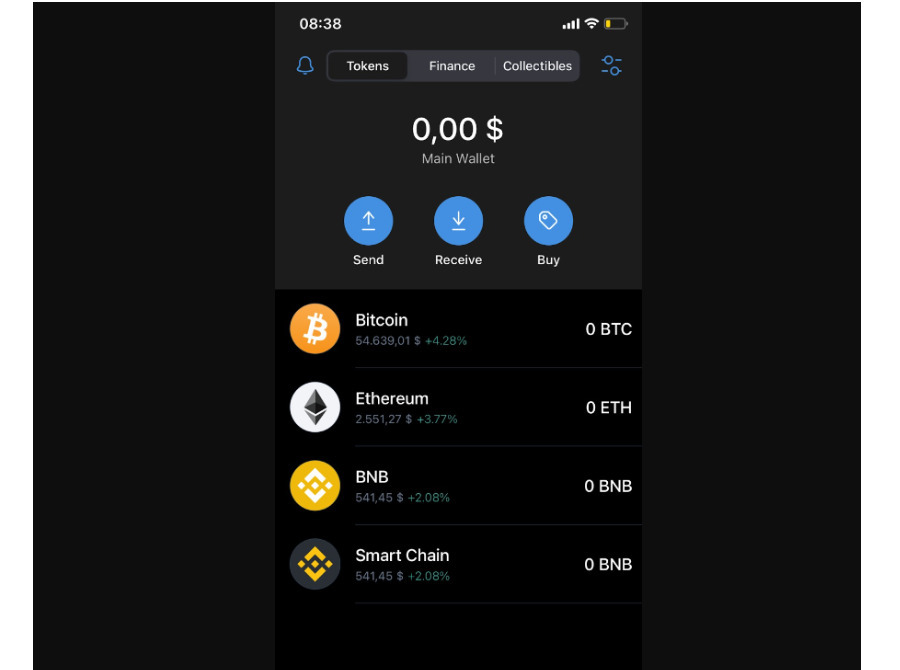
The only downside is that some newcomers might find the buying feature confusing. After all, Binance is an exchange mainly designed for experienced traders.
- Highly ranked on Google Play and App Store
- Part of the Binance family of products
- Suitable for new users (except for buying/selling)
- Built-in staking functionalities
- Many cryptos and NFTs accepted
- Some features might be confusing for inexperienced users
- Cold storage not an option
| Wallet type | Hot wallet, non-custodial, browser-based and mobile wallet |
| Number of supported cryptos | 4.5 million |
| Fee for buying Bitcoin | No fees |
| Mobile app | Yes |
| Staking and interest | Built-in staking |
| Interest rate | Varies and goes up to 84% |
6. Electrum — Bitcoin-Focused Hot Wallet with Multisig support
Electrum likes to keep things simple, so we consider it the best Bitcoin hot wallet for beginners. Moreover, it’s an open-source app, meaning anyone can access its code. It was made in the spirit of decentralized technologies, which makes it popular among Bitcoin owners.
The bad news is that Electrum won’t help you much if you want to store cryptos other than Bitcoin, as digital gold is all it accepts. Therefore, if you want to use other cryptocurrencies or trade them actively, it’s best to opt for a different hot wallet. On the other hand, if you’re going to focus only on BTC, Electrum will give you everything you need for a seamless experience.
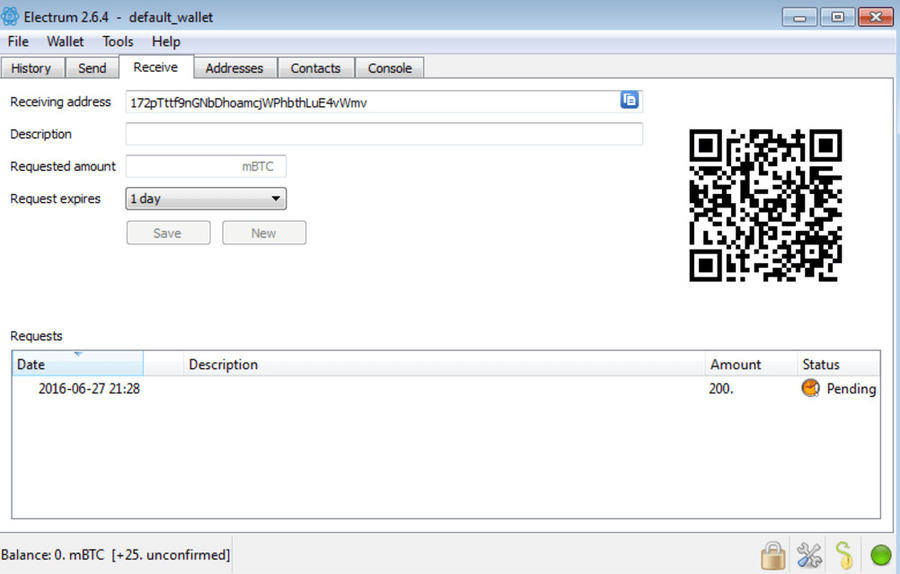
Since it only focuses on BTC, learning how Bitcoin mining works could give you a more comprehensive understanding of how to use this wallet. One of the biggest disadvantages of this option is the lack of support for iPhones, as it’s only available for Android users besides desktop computers.
- Secure and trustworthy
- Open-source
- Multisig support
- Easily implemented with third-party plugins
- Beginner-friendly BTC-only wallet
- Only Bitcoin is accepted
- Staking not available
- Not available on iPhone
| Wallet type | Hot wallet, non-custodial |
| Number of supported cryptos | Bitcoin |
| Fee for buying Bitcoin | No fees |
| Mobile app | Yes, but only for Android |
| Staking and interest | No staking or interest available |
| Interest rate | None |
7. Coinbase Wallet — Leading Crypto Wallet with 2FA Security and Staking
Like Binance, Coinbase is one of the most popular online cryptocurrency exchanges in the world, focusing mainly on the US market. However, it also operates in many other countries around the globe, albeit at a limited capacity.
Coinbase Wallet can communicate with the main exchange, making it a suitable solution for Coinabse traders. Coinbase definitely wants to grow more beyond the US, and the Hong Kong legislator is one of the bodies to invite the popular platform to its market.
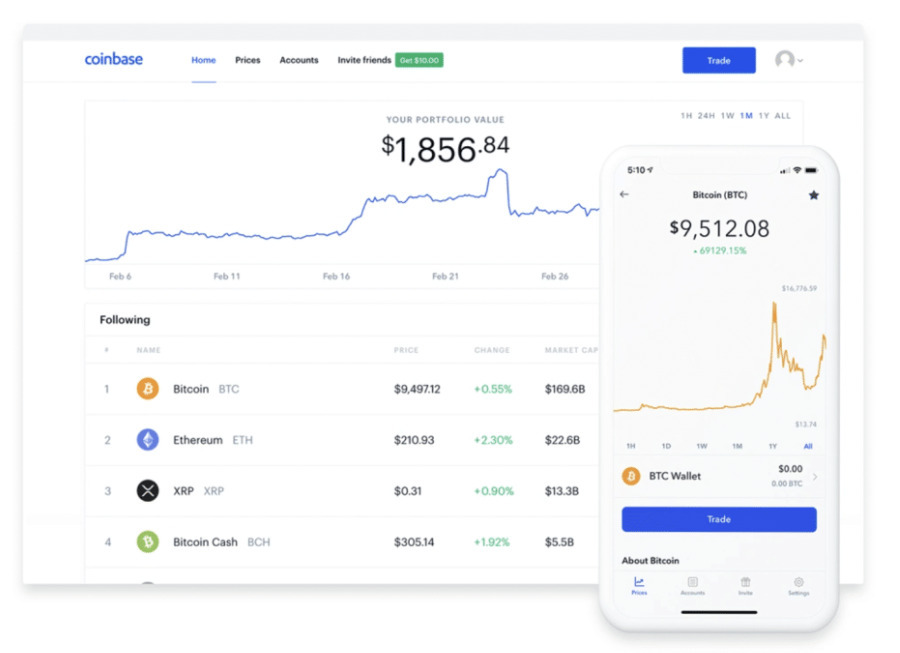
So far, we only noticed two disadvantages to using this wallet. The Coinbase wallet isn’t open-source, and the brand itself has been subject to penalties from US regulators for not fully complying with the law. Still, we would list it as the safest hot wallet for US residents relying on Coinbase to exchange funds.
- Intuitive user interface
- Easy setup
- Part of the Coinbase exchange
- Easy transfer
- Range of useful features
- Costly
- Not open-source
- Limited access
| Wallet type | Web hot wallet, custodial |
| Number of supported cryptos | 100+ |
| Fee for buying Bitcoin | Wallet storage free; 1.49% on trading; up to 35% charge on staking income |
| Mobile app | Yes |
| Staking and interest | Available for 90+ cryptos |
| Interest rate | Varies heavily |
8. Exodus — Popular Non-Custodial Cryptocurrency Wallet with $0 Fees when Buying Cryptos
Exodus is a crypto wallet accepting a range of cryptocurrencies — more than 260, to be precise. The wallet is suitable for experienced users and beginners alike and is available on various devices, including PCs, Androids, iPhones, and more. You can even install it as a Chrome plugin. You can also download it as a standalone app for Windows, macOS, and even Linux.
Exodus is so versatile it even appeared on our list of the best Ethereum wallets of 2024. On top of that, it’s partnered with Trezor, a popular cold storage device provider. As a result, you can seamlessly connect your Trezor wallet to Exodus to manage your digital assets.
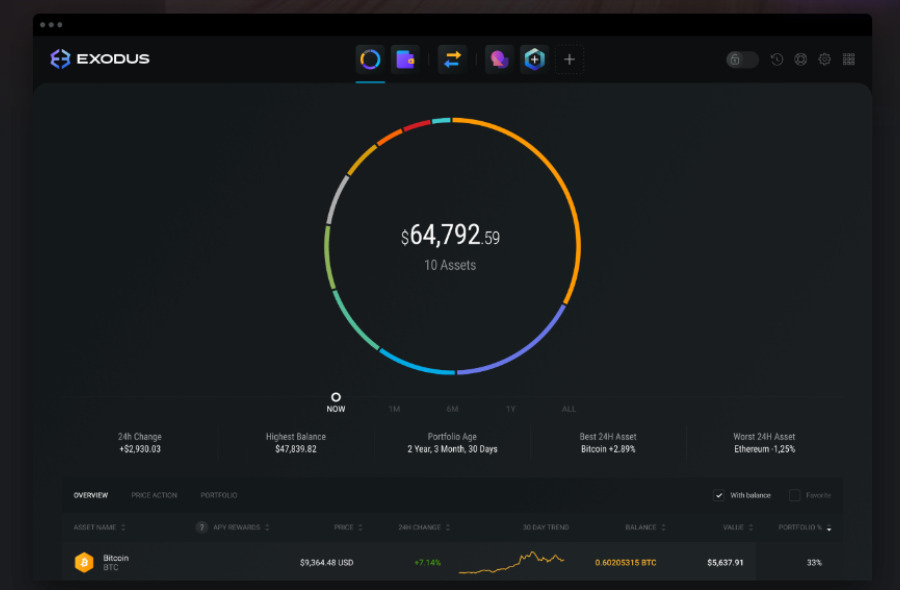
- Suitable for beginners and advanced traders
- Built-in staking
- Round-the-clock support
- No fees for buying crypto
- Easily connected to the Trezor wallet
- Not open-source
- Lack of some security features
| Wallet type | Hot wallet, non-custodial |
| Number of supported cryptos | 260+ |
| Fee for buying Bitcoin | None |
| Mobile app | Yes |
| Staking and interest | Yes, built-in for several cryptos |
| Interest rate | Varies, but promises up to 18.97% |
9. OKX — Self-Custody Hot Wallet for Mobile Devices Connects with More Than 200 dApps
OKX is one of the best hot wallets relying on self-custody for private keys. It’s connected to 15 different blockchain networks, meaning it can accept thousands of cryptocurrencies. The only downside: Bitcoin isn’t one of them. In other words, OKX doesn’t accept digital gold, but it supports a range of alternatives, including Ethereum, Binance Smart Chain, Polygon, and more.
The wallet can work with 200 different dApps you can access without providing any personal information. Overall, OKX’s convenience was enough for us to list it as one of the best crypto wallets for beginners.
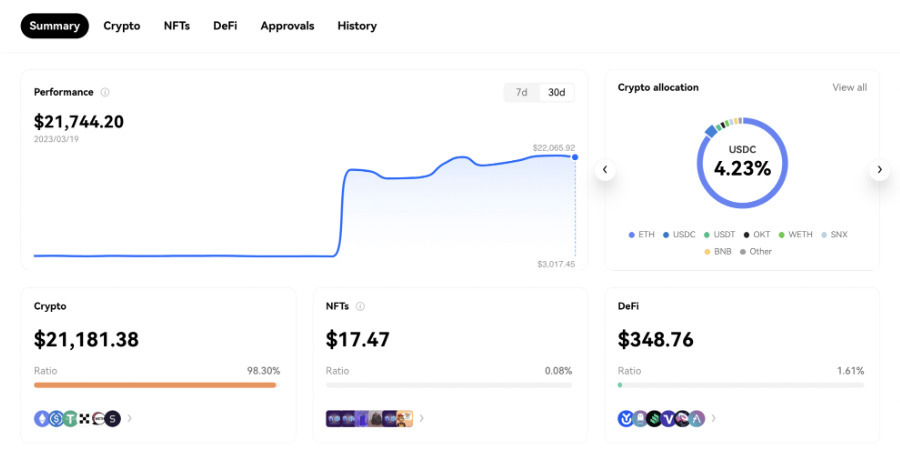
- Easy to accept tokens
- Connects with more than 200 dApps
- Accepts 15 different blockchains
- Supports thousands of cryptos
- Available for iOS and Android
- Bitcoin not accepted
- Fee structure determined by the connected dApp
| Wallet type | Hot wallet, non-custodial |
| Number of supported cryptos | Thousands, across 15 networks |
| Fee for buying Bitcoin | Custom, depending on the tokens |
| Mobile app | Yes |
| Staking and interest | Yes, it can be connected to 200+ dApps for staking, yield farming, and more |
| Interest rate | Depends on the dApp |
10. Mycelium — Security-Focused Mobile Hot Wallet with Streamlined Payment Verification
Mycelium is, first and foremost, a mobile cryptocurrency wallet that places a strong emphasis on security. The wallet gives you complete custody of your private keys, which are retrievable with a single seed phrase. Unlike many competitors, Mycelium doesn’t include any staking options or similar capabilities, as it’s mainly used for storing digital coins.
Mycelium’s great security earned an honorable mention in our list of top privacy wallets. Users aren’t required to register or provide any sensitive data when using Mycelium, effectively making it an anonymous crypto wallet.
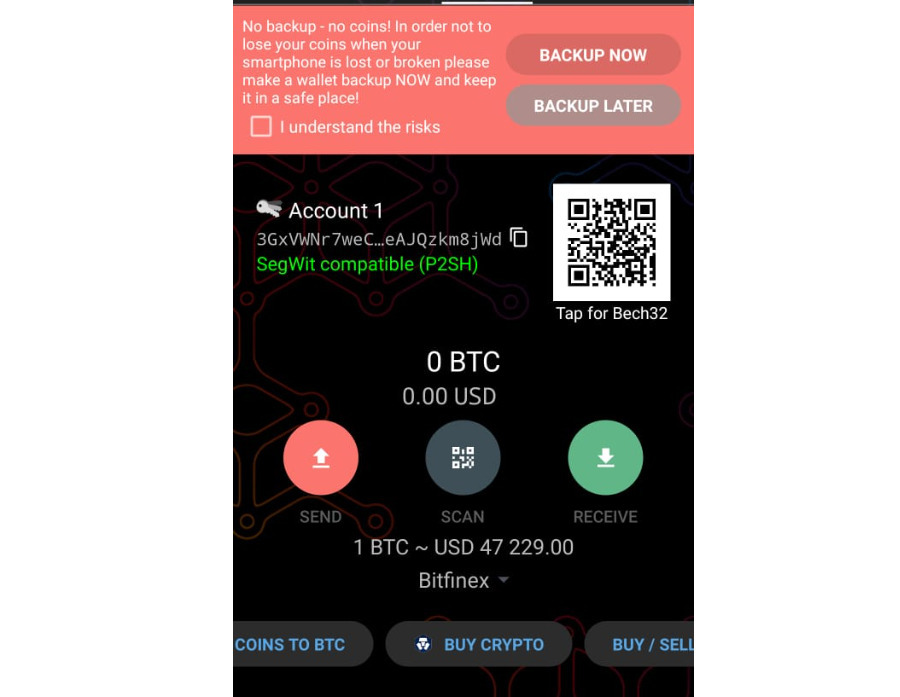
- Very secure wallet
- No personal info requirements
- Great track record
- Not part of any CEX, a standalone wallet
- Streamlined payment verification
- Only available for mobile devices
- Steeper learning curve
| Wallet type | Hot wallet, cold storage options |
| Number of supported cryptos | 8+ |
| Fee for buying Bitcoin | Varies from $0.25 to $8 |
| Mobile app | Yes |
| Staking and interest | Not available |
| Interest rate | None |
What are Hot Wallets?
The term hot wallet refers to a digital asset storage solution that remains connected to the internet, enabling users to manage and conduct cryptocurrency transactions conveniently. “Hot” denotes that the wallet is online, giving users more freedom for sending, receiving, buying, selling, staking, and more.
They are the opposite of “cold” wallets, which keep your funds safe and disconnected from the world wide web. We’ll discuss other distinctions later in this article. Despite their convenience, hot wallets come with an inherent security risk, as their internet connectivity exposes them to potential threats like hacking attempts and malware. Still, some of them are better than others at protecting their users, and we decided to describe the eight most secure hot wallets in this guide.
Benefits of Using a Hot Crypto Wallet
There are arguments for both hot and cold wallets. Here’s a short overview of the most popular benefits of using a hot wallet.
- Easy access
- No additional cost
- Staking and swapping
- Easy access to dApps
- Recovery and backup
Let’s take a look at each of these aspects in more detail.
Easy Access
Hot wallets allow you to access and manage your crypto funds anytime, as long as you have a stable internet connection. The software helps users access their crypto from a range of devices. For example, a hot wallet can come in handy if you need to send money to someone or make a payment quickly. Many even feature QR codes and other functions that simplify transactions, so you don’t have to deal with tedious wallet addresses.
No Additional Cost
Cold or hardware wallets require you to have a dedicated piece of hardware where you’ll store your crypto wealth. You’ll need to purchase one of the Trezor or Ledger hardware options and spend up to several hundred dollars. The good news is that all hot crypto wallets are free of charge, meaning there are no upfront payments. These wallets usually make a profit by charging a small fee for your transactions.
Staking and Swapping
Staking has become increasingly popular in the crypto world, as it allows crypto owners to make passive income with their coins. Therefore, many wallets offer various staking options, although not all can be beneficial. As with crypto trading, staking does not guarantee a profit, so you have to be careful where you choose to invest your funds. Many wallets have built-in exchanges or are part of bigger crypto staking platforms.
Quick Access to dApps
Many hot wallet crypto solutions feature access to exchanges where you can use various trading options. In addition, some wallets are compatible with a wide range of decentralized applications. For instance, MetaMask can be easily connected to various Ethereum projects.
If you go to CryptoKitties, one of the original NFT-based collectible games, and launch it, the MetaMask plugin in your browser will automatically pop up, and you can connect it to start playing. Access to dApps is perhaps the biggest advantage that hot wallets have compared to their cold counterparts.
Recovery and Backup
Many hot crypto wallets offer all kinds of recovery and backup options should you lose or damage your device or in case of theft. The process often entails using your recovery phrase or mnemonic seed that you should remember at all costs. For example, when setting up MetaMask Wallet, following the backup procedures can help you successfully retrieve your funds, which is one of the main advantages of hot wallets.
Furthermore, in the ever-evolving landscape of hot wallets, new security features are being introduced to augment the backup and recovery process. Some cutting-edge hot wallets offer advanced mechanisms like biometric authentication, such as fingerprint or facial recognition, to enhance the security of wallet restoration.
By leveraging these state-of-the-art technologies, hot wallets provide an additional layer of protection, ensuring that only authorized individuals can access and recover the wallet. These forward-thinking security measures exemplify the continuous efforts of hot wallet developers to prioritize safeguarding users’ funds and personal information.
Methodology – Ranking the Best Crypto Hot Wallets
Creating our best hot wallet 2024 list was no easy feat, as we had to carefully examine dozens of options based on various factors, including their security, supported cryptos, additional features, fees, and more. Here are the key factors we looked at, and the points weighting we assigned to them.
Security Features – 20%
First and foremost, we ensured that all hot wallets that made it to our final list adhered to the required security protocols to ensure maximum protection for your funds. Cold wallets are overall more secure, but that doesn’t mean hot wallets get hacked all the time.
As long as you stick to reputable and trustworthy options with regular security updates, you shouldn’t have to worry about your private keys and crypto wealth being stolen. Of course, if you have millions of dollars in crypto, it’s better to keep the majority in a cold storage wallet. In that case, investing in the best hardware wallet available would be a wise decision.
User-Friendliness – 15%
A user-friendly hot wallet prioritizes simplicity and ease of use, making it effortless for users to interact with their cryptocurrency. By focusing on user experience, hot wallets aim to provide convenience and accessibility, helping individuals feel comfortable and confident in managing their digital assets.
We looked for crypto hot wallets with clean and intuitive interfaces, allowing users to easily navigate through various features, including sending or receiving funds, checking transaction history, or managing account settings.
Supported Cryptocurrencies – 15%
Some wallets support more currencies than others. However, quantity shouldn’t be the factor you focus on when choosing a wallet. Instead, you should pick a wallet with the cryptos you intend to use and store. If you look at our list of the best hot wallets, you’ll notice that some support literally millions of coins while others accept just one.
For example, if you want just to use and store Bitcoin, you should opt for a wallet like Electrum, which specializes in BTC. For Ethereum-based decentralized apps and storing ERC tokens, wallets like MetaMask are a great choice.
The safest bet is to go with one that communicates with two or more popular blockchains (like Best Wallet) and accepts their most relevant digital coins.
Device Compatibility – 15%
Device compatibility can vary among hot wallets since different wallet providers support various operating systems and devices. However, most well-known hot wallets are developed to be suitable for use with a diverse range of devices.
Therefore, users should check the wallet’s compatibility requirements before selecting one. By doing so, they can ensure that the hot wallet they choose is suitable for their preferred device and operating system. For example, if you’re an iPhone user looking for a dedicated iOS app, you shouldn’t pick Electrum, as it’s not compatible with Apple’s products.
Ultimately, you must ensure your device has the hardware required to launch and run a hot wallet. Of course, all hot wallets are light enough to run without cutting-edge computers or smartphones, but ancient Android devices definitely won’t be able to run your Coinbase Wallet as effectively as the newest Samsung Galaxy model.
Recovery and Backup Feature – 15%
Hot wallets are digital wallets connected to the internet, making them more vulnerable to hacking and other security risks. Therefore, robust recovery and backup mechanisms are crucial for the safety of your funds. First, we looked for wallets with a seed phrase or a private key backup option.
This feature allows you to restore your wallet on another device if yours is lost, stolen, or damaged. Moreover, we checked if all wallets on the list provide at least one backup option. These are either physical copies (e.g., paper wallets or hardware wallets) or digital backups (e.g., encrypted files or cloud storage).
Integration With Exchanges and Other dApps – 10%
Some wallets are part of exchanges or have integrations with them. Not all featured options have this, as some people prefer standalone crypto wallets that aren’t connected to any platform. When applicable, we mentioned CEXs in our reviews. Wallets such as MetaMask can be connected with various decentralized applications. This is something we also paid attention to when making the final list since some people only consider these features.
User and Professional Reviews – 10%
For every wallet we selected, we checked numerous reviews, both from users and professionals, before including them in our final hot wallet list. This was an integral aspect of our research, as users will often tell you the pros and cons without hesitation.
We also carefully examined customer support for each wallet we picked. An active community can also assist you if you want to learn more about using a specific wallet.
It is essential to do your research on a wallet before making a decision. Ultimately, you should use your best judgment to evaluate the quality of the wallet and decide if it is the right one for you. Be sure to consider factors such as the ones listed in this guide to make your final selection.
How Do Hot Wallets Work?
Digital wallets known as “crypto hot wallets” allow instant access to and storage of cryptocurrencies. They work by using computer programs or internet distribution hubs that produce and store the private keys needed to access the assets. As a result of these wallets’ internet connectivity, users may easily send, receive, and manage their cryptos in real-time. Hot wallets are more vulnerable to security threats than cold wallets since they are always connected to the web, thus it is crucial for users to have strong security measures in place and to be cautious about safeguarding their digital assets.
Before using a hot wallet, you may have to open an account. If the wallet is non-custodial, you’ll likely just get your public and private keys and complete the process, meaning there’s no need to provide sensitive data. For custodial wallets, which have custody of your private keys, you’ll probably have to go through the full registration process and provide information such as your email, password, and more.
In both cases, your private key, a secret cryptographic code, should remain hidden. Due to their connection to the internet, hot wallets can be vulnerable to malicious attacks. It is, therefore, important to take all necessary precautions to protect the private key and wallet from potential threats. Since they’re connected to the web, hot wallets have many different functionalities, including swapping, access to various dApps, exchanges, and more. Nowadays, many wallets, hot and cold, feature staking functionalities.
Cold Wallets vs. Hot Wallets
As stated, hot wallets are connected to the web, as opposed to cold storage wallets. A Bitcoin cold storage or cold wallet, on the other hand, is not on the web. Which one should you pick, then? Well, that depends on how much money you intend to store. If you have millions in crypto, using a cold wallet is a must, as it will enhance your security. Finally, you should take into account that the amount you own changes every day. According to Reuters, the price of BTC could go up to $100,000 by the end of 2024, so you should move some of your “digital gold” to a cold wallet when the time comes.
Which Cryptocurrencies Can You Store in a Hot Wallet?
In most cases, you’ll be able to store Bitcoin, Ethereum, and other popular cryptos. Nonetheless, some wallets will only focus on one crypto or one blockchain. Why, you may wonder? Here’s the deal, hot wallets can be divided into single- and multi-blockchain wallets. Single-blockchain wallets communicate with one chain. For instance, if it only communicates with the Bitcoin blockchain, you can only store one crypto: BTC.
Some blockchains handle more than one crypto. If the wallet communicates with the Ethereum blockchain, it means you can store all ERC tokens in it. These wallets are generally more secure since they are specialized for one blockchain. Additionally, they tend to have more features tailored specifically to the coin or blockchain they support. However, you’ll have to create several wallets if you want to store multiple cryptocurrencies.
For example, if you want to store Bitcoin and Ethereum, you’ll need two different wallets. Multi-blockchain wallets communicate with two or more chains. Users can manage their Bitcoin and Ethereum funds from the same wallet. Multi-blockchain wallets also enable users to exchange digital assets from different blockchains in a single transaction without moving funds from one wallet to another.
This makes it much easier to diversify digital asset portfolios and access funds from different blockchains. Multi-blockchain wallets provide an efficient and secure way to manage digital assets. However, there are also some potential downsides. First, managing multiple digital asset wallets can be confusing for users unfamiliar with different blockchains.
Second, those who lose access to their multi-blockchain wallet might not have access to any of their digital assets, as some millionaires experienced, according to the NY Times. Finally, multi-blockchain wallets could be less secure than single-blockchain wallets, as they provide more opportunities for hackers to access users’ digital assets.
How Many Cryptos Can You Store in a Hot Wallet?
Wallets usually don’t have any minimum and maximum limits on how much of a single crypto you can store. In other words, you can hold your entire crypto wealth in a crypto hot wallet. However, that’s not the best idea if you have a lot of money stored in digital currencies. At some point, switching to a cold wallet might be a good idea.
Finally, you should remember that the number of supported cryptos changes over time. Usually, they incorporate more cryptos — if a new ERC-20 token is added, you can store it via MetaMask. However, there are also factors that could result in a negative impact. For instance, Coinbase trading volumes fell after tightening the regulations around the exchange in the US.
This could also affect the Coinbase wallet in the near future, limiting what digital coins Americans can store in it. That’s why it’s crucial to stay on top of the latest developments in the crypto sphere and understand how specific regulations or shifts in the industry could influence your crypto wealth and, ultimately, your crypto hot wallet.
Conclusion
To sum up, hot wallets provide the convenience of storing and using your cryptocurrencies. Many can be easily connected to various exchanges or used for accessing decentralized applications. Our top choice is Best Wallet, a multi-blockchain hot wallet with a DEX and NFT Integration within the platform. It also offers market insights and helps users spot promising tokens even before they hit exchanges.
Crypto Hot Wallets FAQs
Which hot wallet is the best at the moment?
At the moment, our top choice for the best hot wallet is Best Wallet. It offers a DEX-integrated wallet, which facilitates storing and managing eight popular cryptocurrencies. The platform’s main advantage is that it offers tools and insights to users and helps them make well-informed decisions.
What hot wallet is the safest for cryptocurrency?
Overall, all wallets in our list have top-notch security, and make sure your funds are protected. We suggest reading our reviews for each before making a decision. Best Wallet is our top choice because it uses multi-factor authentication and advanced cryptography.
Is it safe to use a hot wallet?
Hot wallets are considered less safe compared to cold wallets. However, some hot options proved secure and trustworthy in the long run, including Best Wallet, Exodus, Electrum, and the rest that made it to our best crypto hot wallet list.
Which hot wallet can support BTC?
All hot wallets communicating with the Bitcoin blockchain network can store “digital gold.” From our list, those are Best Wallet, Trust Wallet, Electrum, Coinbase, Exodus, OKX, and Mycelium — virtually all except MetaMask, which only focuses on the Ethereum network.
References
- https://ethereum.org/en/developers/docs/intro-to-ethereum/
- https://www.reuters.com/technology/bitcoin-could-hit-100000-by-end-2024-standard-chartered-says-2023-04-24/
- https://www.ft.com/content/e904f8bd-0d4f-4d38-8d71-a199e7e9c131
- https://www.nytimes.com/2021/01/12/technology/bitcoin-passwords-wallets-fortunes.html
- https://www.bloomberg.com/quicktake/bitcoins#xj4y7vzkg
- https://electrum.org/
- https://metamask.io/
- https://trustwallet.com/
- https://www.coinbase.com/wallet
- https://www.exodus.com/
- https://www.okx.com/web3
- https://wallet.mycelium.com/
About Cryptonews
At Cryptonews, we aim to provide a comprehensive and objective perspective on the cryptocurrency market, empowering our readers to make informed decisions in this ever-evolving landscape.
Our editorial team, comprised of more than 20 professionals in the crypto space, works diligently to uphold the highest standards of journalism and ethics. We follow strict editorial guidelines to ensure the integrity and credibility of our content.
Whether you’re seeking breaking news, expert opinions, educational resources, or market insights, Cryptonews.com is your go-to destination for all things crypto since 2017.






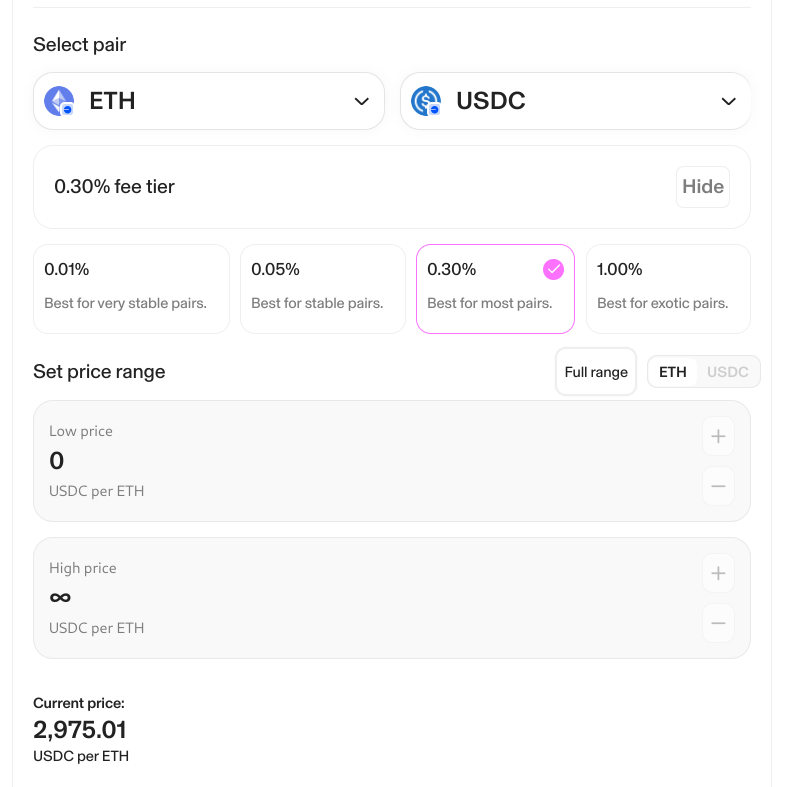
 Eric Huffman
Eric Huffman 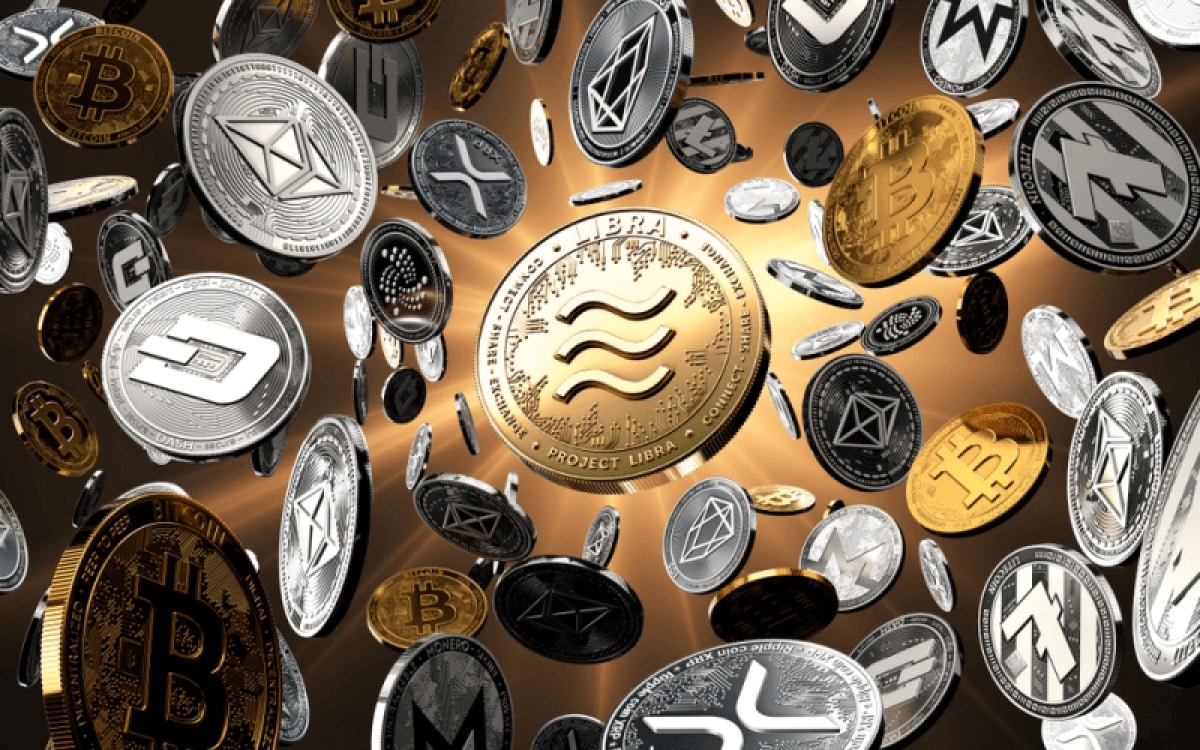
 Alan Draper
Alan Draper 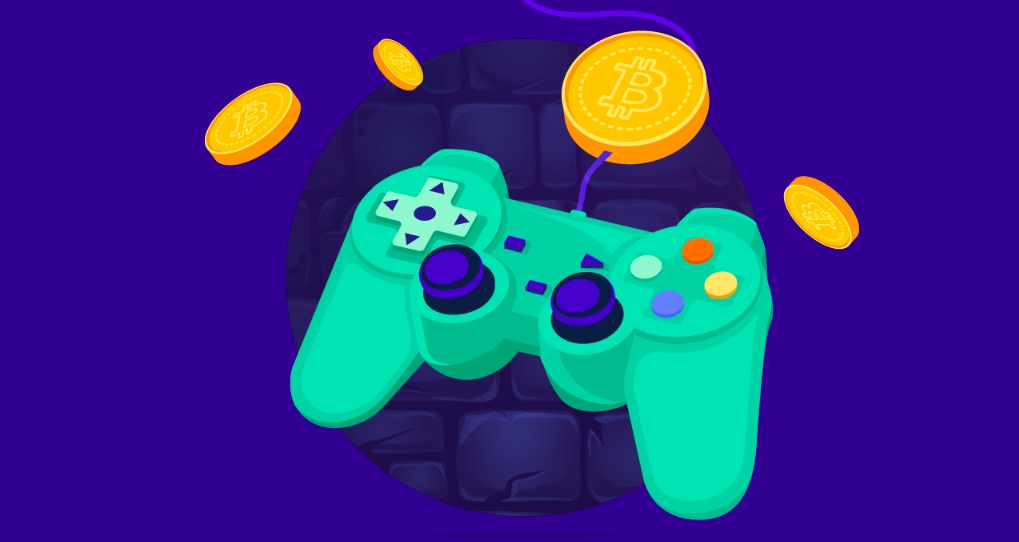
 Viraj Randev
Viraj Randev 
 Kane Pepi
Kane Pepi